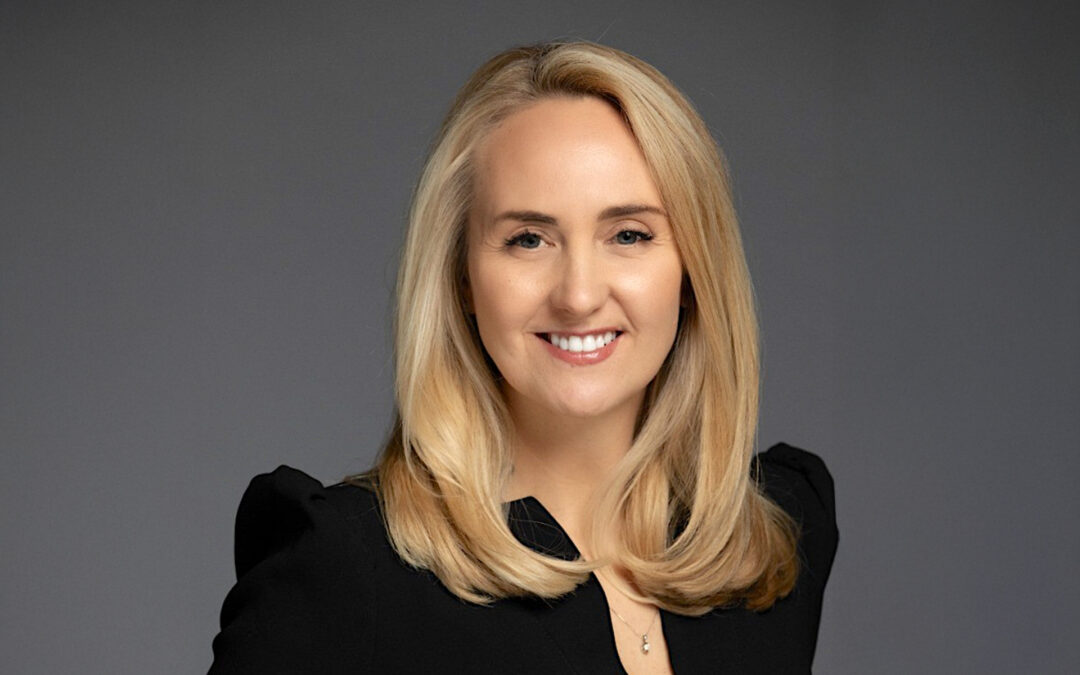For the first quarter, Albertsons Cos. narrowly missed an earnings estimate but beat one on revenues as the company keeps operating as it pursues its merger with The Kroger Co.
The merger has experienced opposition from the United States Federal Trade Commission but the supermarket operators continue to push for its completion.
Net income was $240.7 million, or 41 cents per diluted share, versus $417.2 million, or 72 cents per diluted share, in the year-past first quarter. Adjusted for one-time events, net income was $391.6 million, or 66 cents per diluted share, versus $545.7 million, or 93 cents per diluted share, in the year-earlier period, Albertsons reported.
An analyst consensus estimate published by Yahoo Finance called for earnings per adjusted diluted share of 67 cents and revenues of $24.14 billion.
Identical sales increased by 1.4%, while digital sales advanced by 23%, according to Albertsons.
Net sales were $24.27 billion compared with $24.1 billion in the year-before quarter, the company noted. Operating income was $459.6 million versus $622.2 million in the year-previous period.
“In the first quarter of fiscal 2024, we continued to invest in our Customers for Life strategy and the digital and omnichannel capabilities necessary to support it,” said Vivek Sankaran, Albertsons CEO, in announcing the financial results. “Our Customers for Life strategy is placing the customer at the center of everything we do, and we continued to drive strong year-over-year growth in loyalty members as we launched our new simplified ‘for U’ loyalty program. Amidst an evolving economic and industry backdrop, we continued to deliver outsized growth in our digital and pharmacy businesses.”
Sankaran maintained that the second half of the year is likely to be a tough go, “As we look ahead to the balance of fiscal 2024, we expect to see continuing headwinds related to investments in associate wages and benefits, an increasing mix of our pharmacy and digital businesses, which carry lower margins, and the cycling of prior-year food inflation. We expect these headwinds to be partially offset by ongoing productivity initiatives.”





